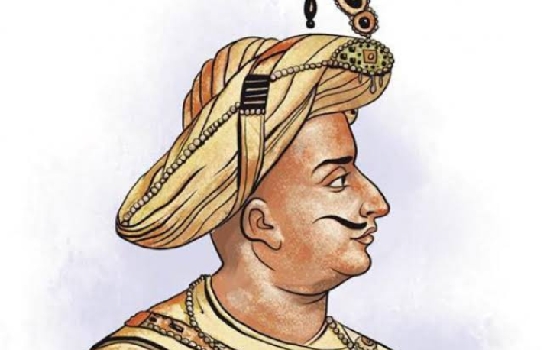New Delhi, Oct 13: India has a “serious” hunger problem and ranks 100th out of 119 countries on the global hunger index — behind North Korea, Bangladesh and Iraq but ahead of Pakistan, according to a report.
The country’s serious hunger level is driven by high child malnutrition and underlines need for stronger commitment to the social sector, the International Food Policy Research Institute (IFPRI) said in its report.
India stood at 97th position in last year’s rankings.
“India is ranked 100th out of 119 countries, and has the third highest score
in all of Asia — only Afghanistan and Pakistan are ranked worse,” IFPRI said in a statement.
“At 31.4, India’s 2017 GHI (Global Hunger Index) score is at the high end of the ‘serious’ category, and is one of the main factors pushing South Asia to the category of worst performing region on the GHI this year, followed closely by Africa South of the Sahara,” it added.
As per the report, India ranks below many of its neighbouring countries such as China (29th rank), Nepal (72), Myanmar (77), Sri Lank (84) and Bangladesh (88). It is ahead of Pakistan (106) and Afghanistan (107).
North Korea ranks 93rd while Iraq is at 78th position.
The GHI, now in its 12th year, ranks countries based on four key indicators — undernourishment, child mortality, child wasting and child stunting.
The report ranked 119 countries in the developing world, nearly half of which have ‘extremely alarming,’ ‘alarming’ or ’serious’ hunger levels.
“India’s high ranking on the Global Hunger Index [GHI] again this year brings to the fore the disturbing reality of the country’s stubbornly high proportions of malnourished children,” the statement said.
IFPRI pointed out that more than one-fifth of Indian children under five weigh too little for their height and over a third are too short for their age.
“Even with the massive scale up of national nutrition-focused programmes in India, drought and structural deficiencies have left large number of poor in India at risk of malnourishment in 2017,” said P.K. Joshi, IFPRI Director for South Asia.
However, he said that the on-going efforts are expected to make significant changes in improving the existing situation.
Mr. Joshi appreciated that India has developed and launched an action plan on ‘undernourishment free India’ by 2022. The plan shows stronger commitment and greater investments in tackling malnutrition in the coming years.
“As of 2015-16, more than a fifth [21%] of children in India suffer from wasting [low weight for height] — up from 20% in 2005-2006,” IFPRI said.
Only three other countries in this year’s GHI — Djibouti, Sri Lanka and South Sudan — show child wasting above 20%. India’s child wasting rate has not shown any substantial improvement over the past 25 years.
However, India has made considerable improvement in reducing its child stunting rate, down 29% since 2000, but even that progress leaves India with a relatively high stunting rate of 38.4.






Comments
No corruption itself is achhe din for me,..There may be incorrect decisions but govt is not sleeping , every day they take decision
This is achhe din for me
Finally the voters deserve what they get. The bjp can easily inflame communal passions and is already nurturing its vote bank. It has now understood the arithmetic behind winning election. It won a brute majority with only 30 percent of votes. Now with a nonexistent opposition it might win more seats with lesser votes. The door buster sale of India will truly be over by them. One nation, one market.. for whom exactly? We all know it is for the corporates.
Both Republic TV and NDTV are cheddi TV. They proved it many times
Just 2 days back a media was showing how the GREAT INDIAN BANK LOOT took place under the previous UPA govt where state owned Banks were asked to disburse LOANS IN LAKHS OF CRORES and how corporates took advantage of this system.
Ha...This is what from day one of Modi his baiters have been telling ...some acting as though they voted and now changed mind ...are you guys serious about contesting Modi...give a good reason to change and show a better cleaner politician to depend on else this will be the same old story repeated even in 2024 ...
To those who are painting rosy picture , its not about Modi or BJP its about Indian Economy , we failed to take advantage of lower oil price for past three years . Just turn around and see how many children of friends and relatives who came out of college are jobless . Those who have graduated in last two years are struggling to find job and those who are already in job are looking scary . Is this not enough to understand how economy is doing ? Also look at the small businesses and see how they are impacted . RBI Governor escapes parliamentary committee meeting like a student escaping class exams .
Add new comment